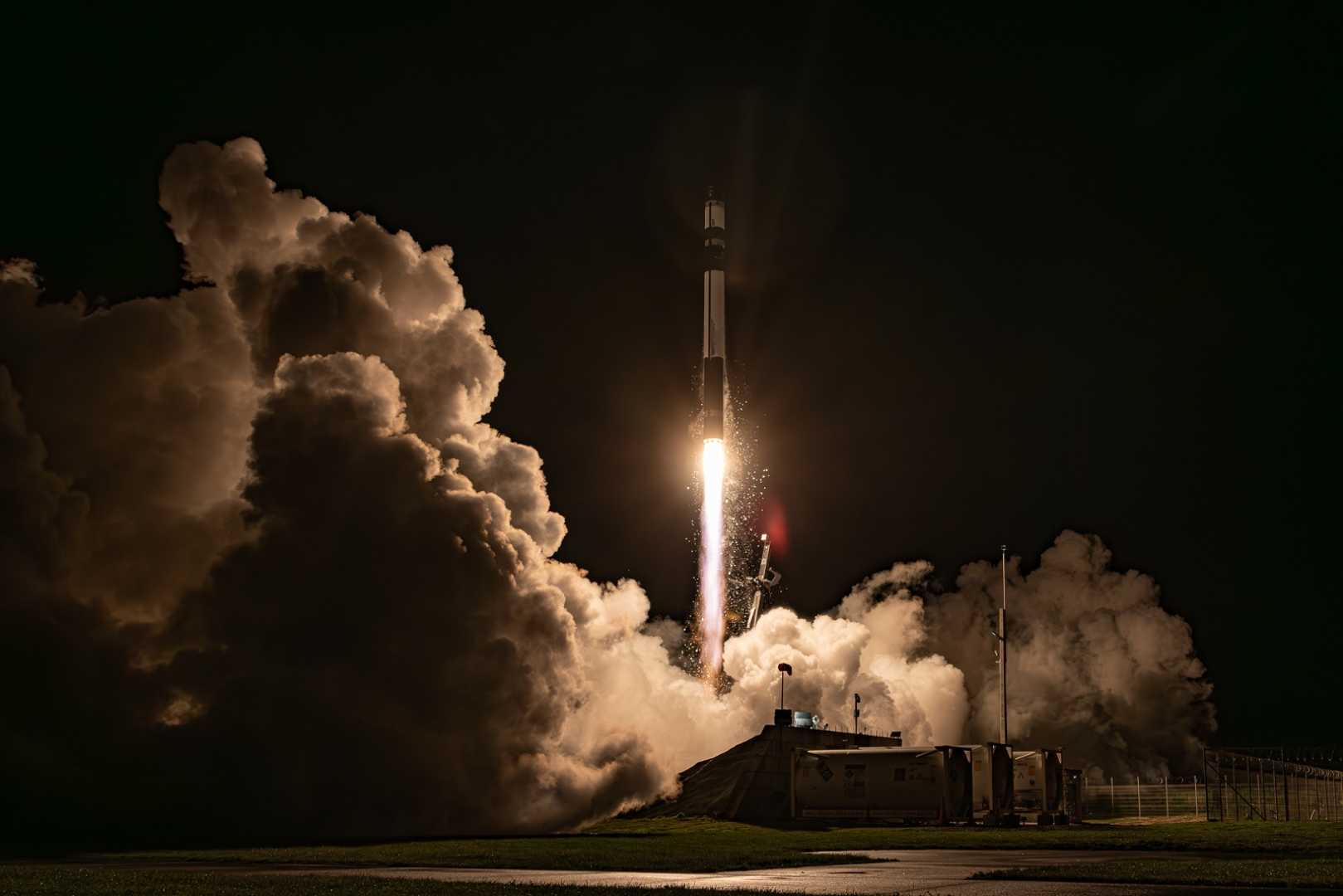Business
Rocket Lab Faces Challenges Amid Growing Market Expectations

Huntington Beach, Calif. — Rocket Lab USA, a major player in the aerospace industry, reported a drop in stock price amid growing scrutiny over its valuation and profitability prospects. As of February 25, 2025, shares traded at $20.54, reflecting an 8.69% decrease on the day.
Last year marked a high point for Rocket Lab, with the company achieving significant milestones including 16 successful launches of its Electron rocket. This performance established Rocket Lab as the second-largest launch provider in the United States, trailing only behind SpaceX, known for its Falcon launch vehicles.
According to market data, Rocket Lab possesses a market capitalization of approximately $11 billion and has seen its stock value soar by 480% over the past year. The surge has raised questions about its current valuation, which stands at nearly 38 times its trailing 12-month revenues.
“Rocket Lab has become a vital partner for firms looking to deploy small satellites,” said a market analyst. “Its Electron rocket allows for cost-effective launches, catering to clients with smaller payloads that prefer an efficient launch schedule.”
In addition to its launch services, Rocket Lab has expanded its presence in spacecraft engineering and component manufacturing, where growth has been even more pronounced recently.
The company reported a revenue growth of 65%, totaling $304 million through the first three quarters of last year. Gross profits doubled to $79 million, yet it also experienced an operating loss of $138 million for the same period due to elevated spending on research and administrative expenses.
Despite being a key player, Rocket Lab remains significantly behind SpaceX, which conducted 134 orbital launches last year alone. The Falcon 9 rocket can carry payloads of up to 13,000 kilograms—substantially more than the Electron’s capacity of 300 kilograms. Looking forward, Rocket Lab is developing the Neutron rocket, intended to match Falcon 9’s capacity and enhance market competitiveness.
Recent testing of the Archimedes engine for the Neutron rocket took place at NASA‘s Stennis Space Center in Mississippi, with CEO Peter Beck reporting that they remain on track for a mid-2025 launch.
In early February, Rocket Lab announced a contract with the Institute for Q-shu Pioneers of Space, a Japanese Earth imaging firm, for multiple launches scheduled this year and next. The company currently holds a backlog exceeding $1 billion in future launch commitments, indicating strong demand for its services.
Analysts remain cautiously optimistic about Rocket Lab’s future, predicting revenues of $605 million for 2025, although profitability may not materialize until 2026. “The Neutron rocket represents a crucial point for their future profitability,” said one financial analyst. “However, any delays in its deployment could impact earnings projections and lead to increased market volatility.”
Investors view Rocket Lab as a high-risk, high-reward opportunity in the emerging space sector, particularly those with aggressive investment strategies. The upcoming earnings announcement later this month could provide further insights into the company’s financial health and future trajectory.












